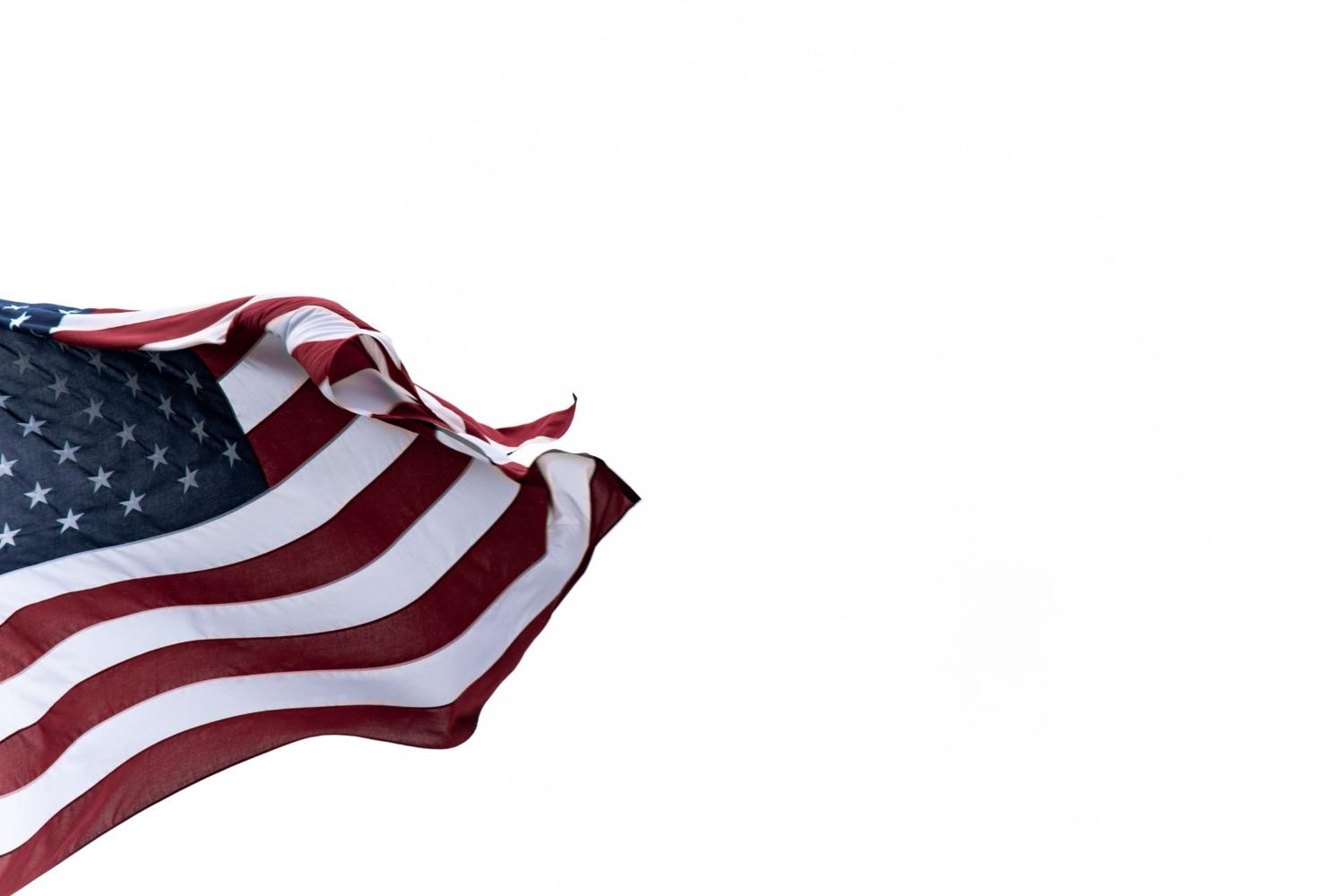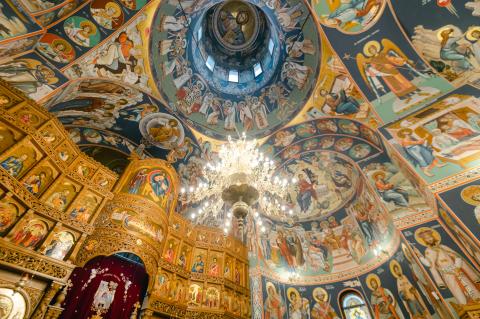
The midterm elections in the United States yielded a variety of results (with several elections still up in the air), so there were things to cheer about no matter one’s policy preferences.
As always, our interpretation of current events should be conducted through the lens of the Christian imaginative vision: this applies to both political “highs” and political “lows.” One’s preferred presidential candidate will bring neither meaning to one’s life nor salvation, just as the other party’s candidate will not dictate the terms of the apocalypse: there is only one Lord with the authority to do any of those things. And while forms of government and political policies have varied greatly across the world and throughout history, the answers to the most important questions of human existence (such as who we are, why we exist, and how we are meant to interact and cooperate) are perennial and not decided by a majority of votes or the wills of kings. (Governance, after all, is far from infallible, simply reflecting the principles of philosophies of those who have power. It might be worth pondering this alongside the fact that only roughly 50% of eligible voters in the country cast ballots this week.)
Christians are called to be active in our communities primarily in terms of witness. Insofar as God’s providence allows, the Christian is permitted and encouraged to go beyond personal witness and seek to implement wise principles prudently applied. This is a labor that goes beyond a particular party or regime.
Perhaps Augustine’s City of God could be included as a non-authoritative appendix in Bibles sold to the modern political Westerner. Augustine reminds us that the Christian must learn to be content with being discontent (with politics), placing his or her hope in God and not in an earthly Utopia, playing a role in a project that will ultimately succeed despite numerous setbacks along the way. We will each live through numerous elections, and some will yield more promising and beneficial results than others. But ultimately the perfectly just and ordered society we often dream about will come into being, although not through our mere efforts: that society will exist in the New Heavens and the New Earth promised in Revelation (21).
For many in the West, politics and religion are often treated as separate realities that should not touch. This sentiment is perhaps a more recent development in human history than many of us assume. St. Thomas Aquinas, one of the greatest thinkers of the Christian tradition, had plenty to say about politics.
In a series on the growing cultural divide in the United States, polling agency FiveThirtyEight explores the role Christianity plays in the imaginations of voters through detailed statistical analysis. According to Americans, are Christians a persecuted minority or a powerful political force?
Some have defined our age as an age of anxiety, or of polarization, or of identity politics. But perhaps a more apt description would be an age of ingratitude. How has ingratitude gripped our imaginations and shaped our social discourse? What are we to do about it?
It seems that our age has also been one of unclarity, with slogans and words taking on new and fluid meanings. Why do words matter and how can ambiguous words invite bad actions?
Many students have left the halls of academia with the impression that the peak of rational thought is the dismantling of old ideas and the rejection of the “authority” of the thinkers of the past. Such an approach has its own attractions (including the fact that dismissing the great books of the tradition saves you the trouble of having to read them!), but it has many immediate difficulties.
In addition to the ability to break things apart, exploring and critiquing them accordingly, the Western tradition has also upheld the importance of discovering how things relate to one another as well as to the greater cosmic order. Bishop Daniel Flores explains in “The Synthetic Impulse in Catholic Life.”
A well-formed mind must also possess the ability to ask the right questions. One author points us to Catholic thinker Walker Percy as a model for how to ask the right kinds of questions.
For those willing to do the hard work of engaging with the ideas and thinkers that have shaped our civilization, another obstacle often arises: the books are dense, and our attention spans limited. But as one author explains, this shouldn’t discourage us: there are practical steps we can take to engage these important texts (or any other).
Father Mike Schmitz has announced a new podcast to follow his famous The Bible in a Year podcast. His new podcast, The Catechism in a Year, will feature insightful guests as he explores the essential teachings of the Catholic Church.
In addition to Fr. Schmitz’s efforts, the United States Conference of Catholic Bishops has announced a new online outreach called “The Institute on the Catechism” in an effort to find new ways to reach and catechize Christians.
Robert Cardinal Sarah’s All Saints Day homily challenges all Christians to dare to become saints.
As we dare to become saints, it’s worth considering St. Irenaeus’ famous quote, “The glory of God is man fully alive.” What do Christians often get wrong about this quote? The headmaster of The Heights, a Catholic school for boys, explains.
Amidst hostilities and persecutions, Christians in Nigeria have been suffering. This week, at least 71 residents (virtually all of whom were Catholic) in a small village in central Nigeria were killed in a raid connected to hostilities between local farmers and neighboring herdsmen.


